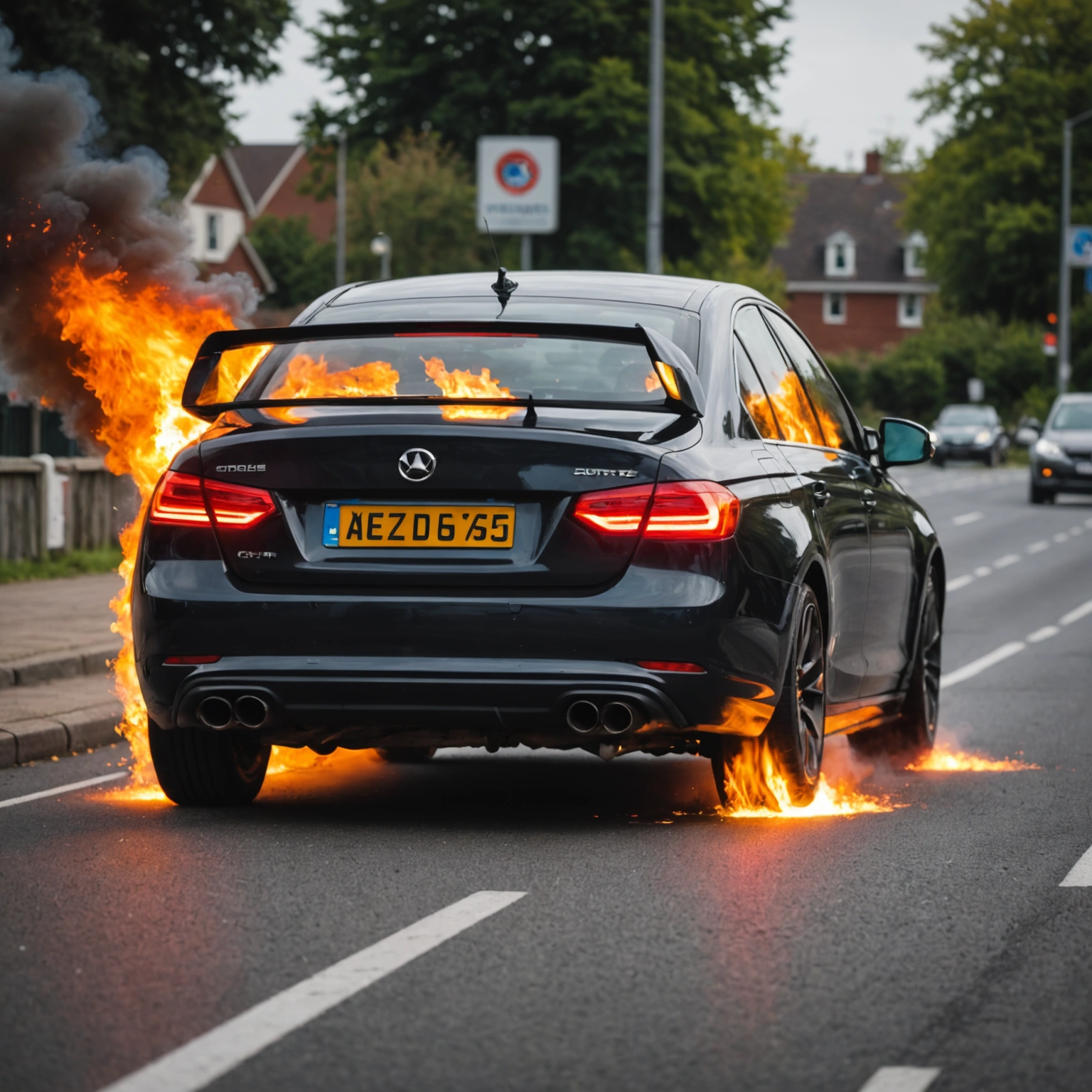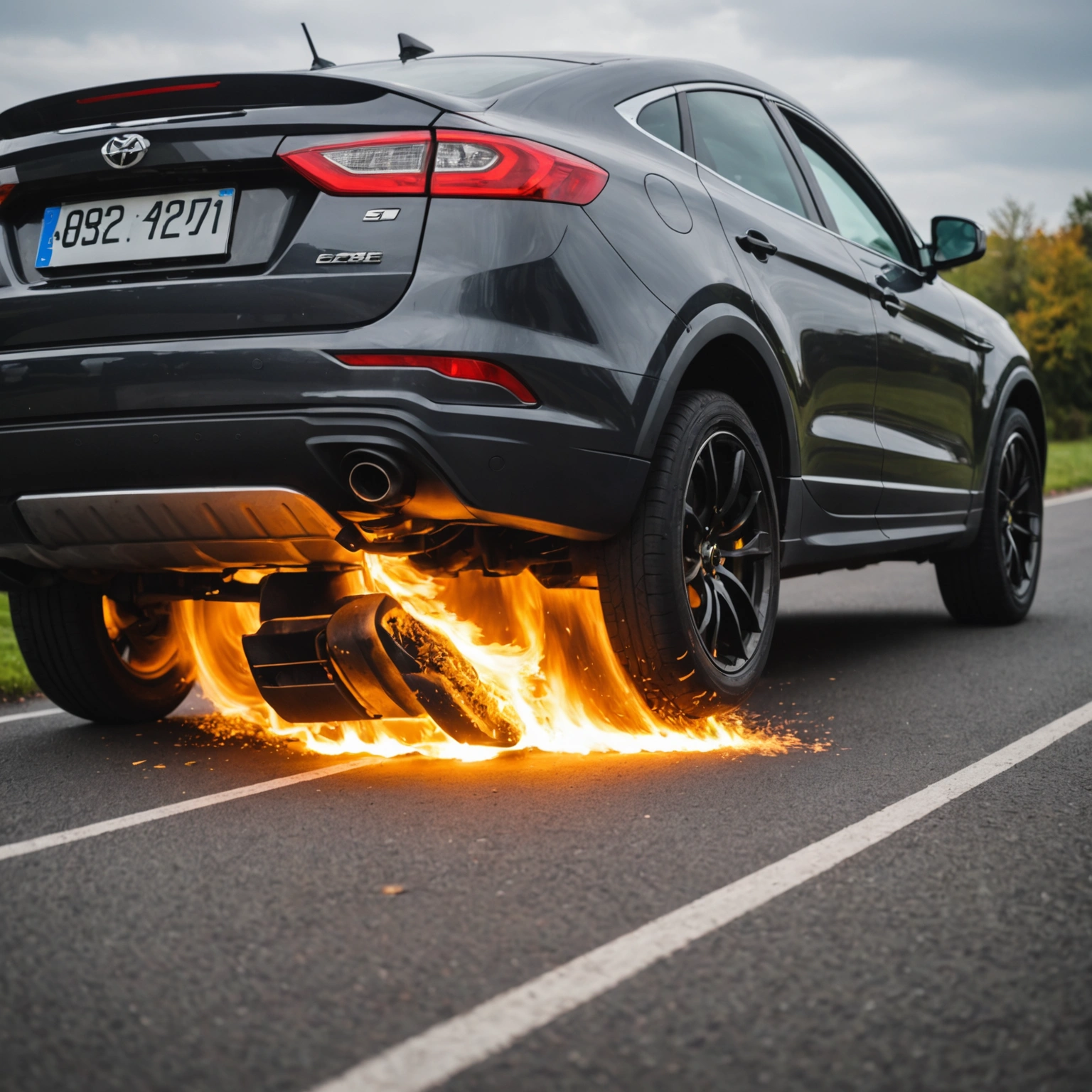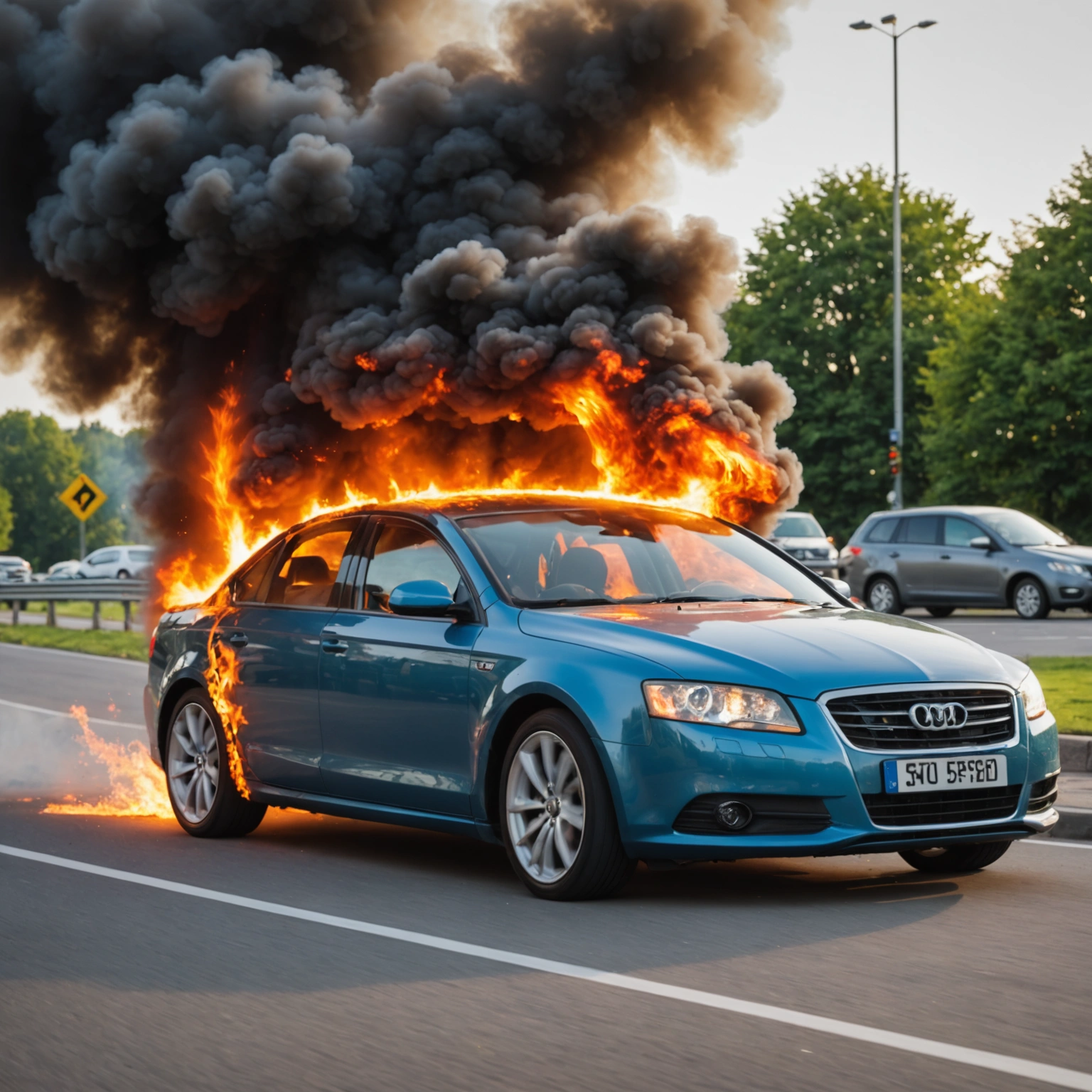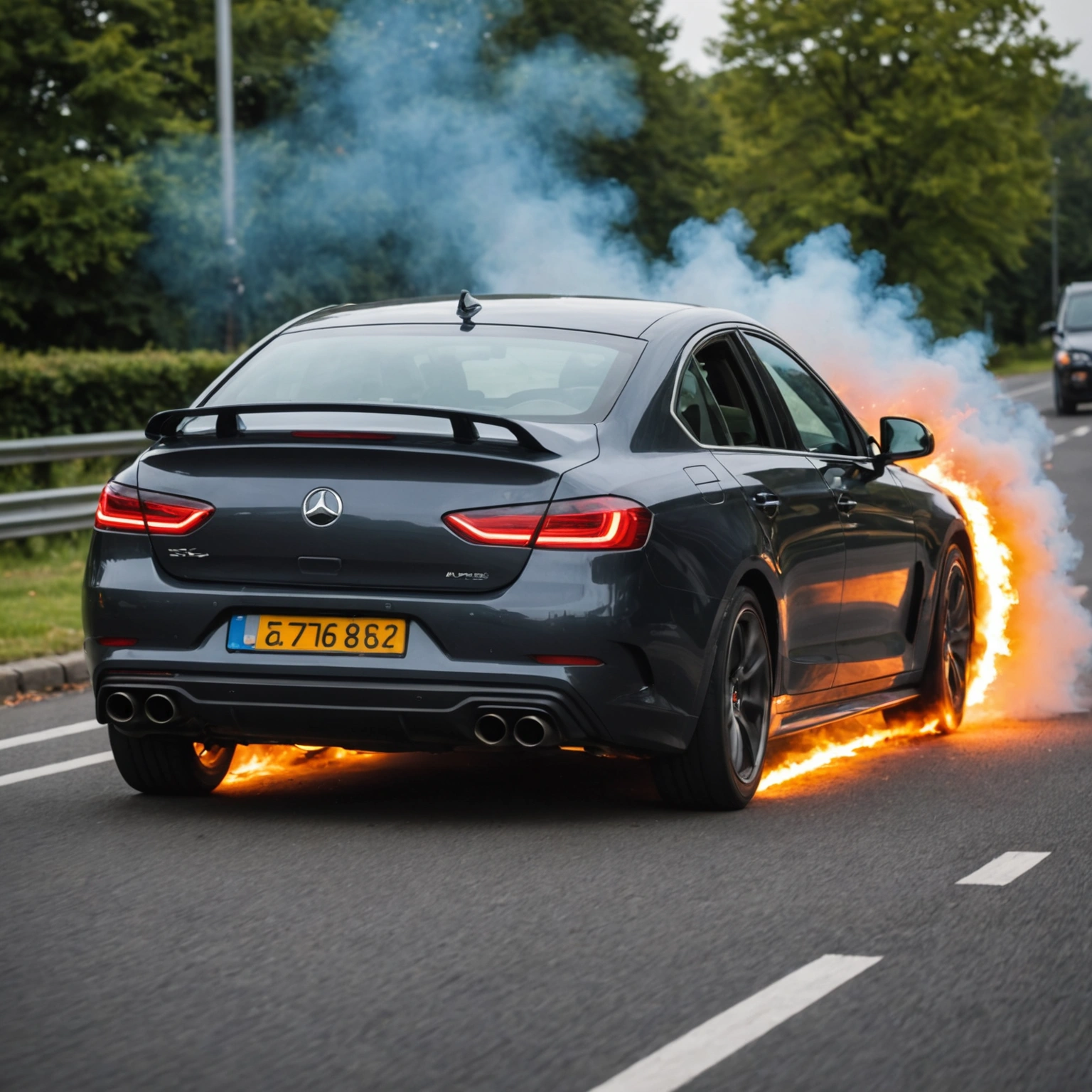**Why Does My Car Backfire When I Accelerate? Understanding the Causes and Solutions**
If you’ve noticed a loud popping or banging sound coming from your car’s exhaust when you accelerate, you’re experiencing what is commonly known as a backfire. While it might sound dramatic, understanding why this happens can help you address the issue promptly and prevent potential damage to your vehicle.

### What Is a Car Backfire?
A backfire occurs when unburned fuel ignites in the exhaust system, causing a loud bang or pop. This is different from engine misfires, but both can produce similar sounds. Backfires can be startling and might indicate underlying problems with your vehicle’s engine or exhaust system.

### Common Causes of Backfire When Accelerating
1. **Incorrect Air-Fuel Mixture**

– **Too Rich or Too Lean Mixture:** If your engine’s air-fuel mixture is off, unburned fuel can escape into the exhaust. When it ignites, it causes a backfire. A rich mixture (too much fuel) is a common culprit.

2. **Ignition System Issues**
– **Faulty Spark Plugs or Ignition Timing:** If spark plugs are misfiring or the ignition timing is off, the combustion process can be disrupted, leading to unburned fuel igniting in the exhaust.
3. **Exhaust System Problems**
– **Leaks or Damage:** Cracks or leaks in the exhaust manifold or pipes can allow oxygen to enter, causing unburned fuel to ignite downstream.
4. **Fuel System Malfunctions**
– **Fuel Injectors or Carburetor Issues:** Malfunctioning injectors or carburetors might deliver improper fuel amounts, leading to unburned fuel in the exhaust.
5. **Aftermarket Modifications**
– **Performance Exhausts or Chips:** Modifications aimed at increasing power can sometimes alter engine dynamics, resulting in backfires if not properly tuned.
6. **Sensor or ECU Problems**
– **Faulty Oxygen Sensors or ECU Settings:** Incorrect readings from sensors can cause the engine computer to adjust fuel delivery improperly, leading to backfires.
### Why Is Backfiring a Concern?
While a backfire might seem harmless, it can indicate underlying issues that could damage your vehicle over time. Persistent backfires can lead to:
– Damage to the exhaust system
– Increased emissions
– Reduced fuel efficiency
– Potential engine damage if left unaddressed
### How to Fix and Prevent Backfires
1. **Check and Replace Spark Plugs**
– Ensure spark plugs are clean, properly gapped, and functioning correctly.
2. **Inspect the Ignition Timing**
– Have a mechanic verify that your ignition timing is set correctly according to manufacturer specifications.
3. **Examine the Exhaust System**
– Look for leaks, cracks, or damaged components and repair as needed.
4. **Tune the Fuel System**
– Ensure fuel injectors or carburetors are clean and functioning properly.
5. **Reset or Reprogram the ECU**
– If you’ve made modifications, consider having a professional re-tune your vehicle’s ECU.
6. **Address Aftermarket Modifications Carefully**
– Always have performance upgrades installed and tuned by professionals to avoid unintentional issues like backfires.
### When to See a Mechanic
If your car backfires regularly or is accompanied by other symptoms such as loss of power, rough idling, or increased emissions, it’s best to consult a qualified mechanic. Proper diagnosis and timely repairs can save you money and extend the lifespan of your vehicle.
—
**In Summary:**
Backfiring during acceleration is usually caused by issues with the air-fuel mixture, ignition system, exhaust leaks, or aftermarket modifications. Addressing these problems involves inspecting key components and ensuring your vehicle’s systems are properly tuned. Stay proactive with maintenance to keep your car running smoothly and avoid disruptive backfires.
—
**Need help diagnosing your backfire issue? Contact your trusted mechanic or automotive specialist for a thorough inspection!**

